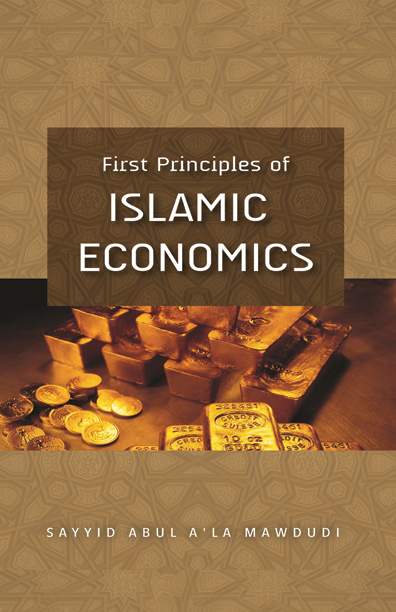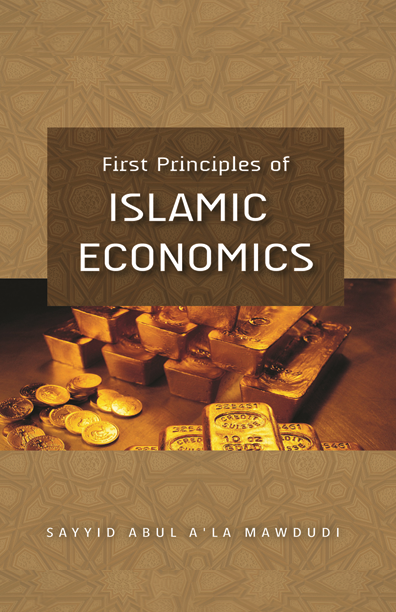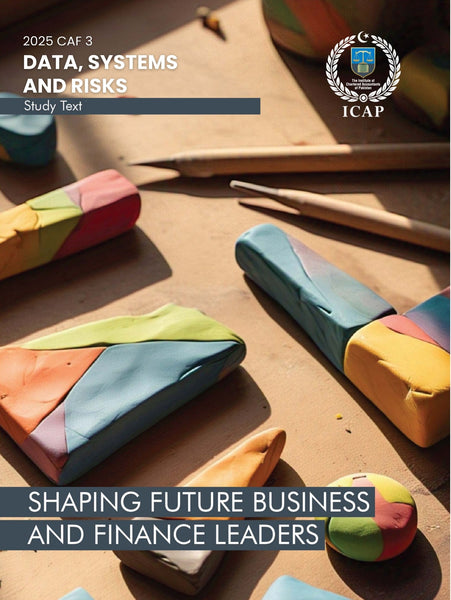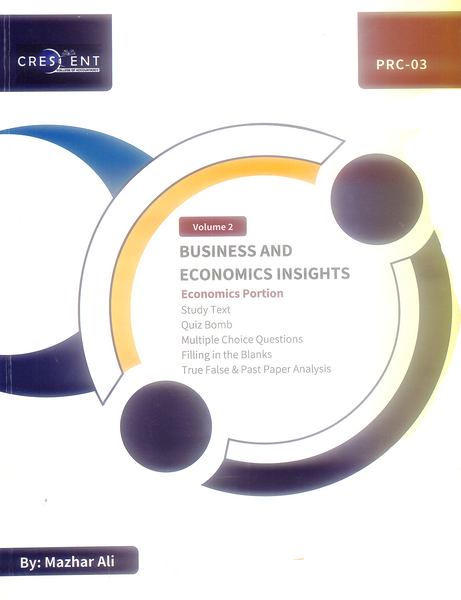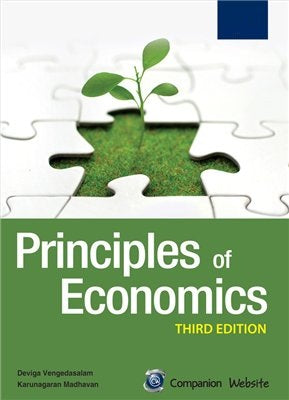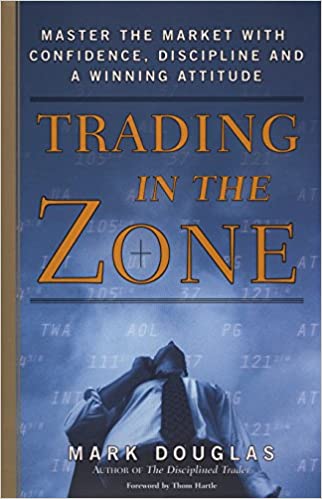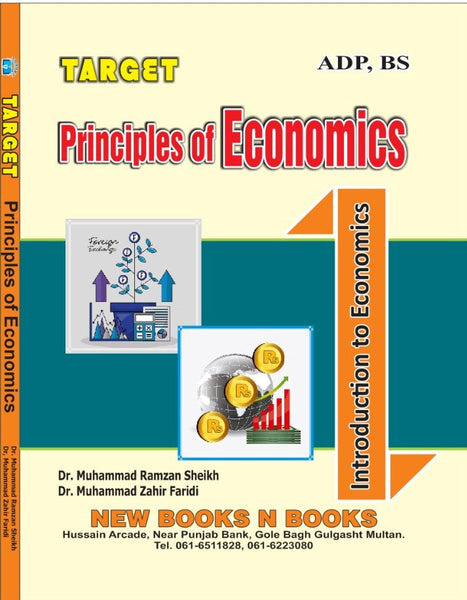First Principles of Islamic Economics by Sayyid Abu’l A‘la Mawdūdī
- Publisher: INSTITUTE OF POLICIES STUDIES IPS
- Availability: In Stock
- SKU: 20261
- Number of Pages: 290
Rs.525.00
Rs.700.00
Tags: Capitalism vs Islam , Halal Wealth , Interest-free Banking , Islamic Economic Order , Islamic Economics , Islamic Finance , Islamic Governance , Islamic Ideology , Islamic Justice , Islamic Moral Economy , Islamic Perspective on Poverty , Islamic Policy , Islamic Welfare State , Maulana Maududi , Muslim Thinkers , Qur’anic Economics , Riba-free System , Sayyid Abul Ala Mawdudi , Shariah Economics , Zakat System
First Principles of Islamic Economics
Author: Sayyid Abu’l A‘la Mawdūdī
Binding: Paperback
Category: Islamic Economics / Islamic Studies / Political Philosophy
Recommended For:
-
Students of Islamic economics and finance
-
CSS, PMS aspirants (Islamic Studies & Current Affairs)
-
Scholars, researchers, and policy makers
-
Readers seeking an Islamic perspective on modern economics
Key Points
-
Foundational Framework of Islamic Economics
A comprehensive presentation of economic principles derived from the Qur’an and Sunnah, aimed at building a moral and just economic order. -
Concept of Ownership and Stewardship
Emphasizes that all wealth belongs to Allah and humans are trustees, bound to use resources ethically and responsibly. -
Prohibition of Riba (Interest)
Critically analyzes the damaging effects of interest-based economies and presents alternatives based on risk-sharing and equity. -
Wealth Circulation and Social Justice
Details mechanisms like zakat, sadaqah, and inheritance laws to ensure wealth redistribution and eliminate exploitation. -
Islamic Guidelines for Trade & Commerce
Covers honesty, transparency, and fair dealing in market behavior; condemns monopolies, fraud, and economic hoarding. -
Critique of Secular Economic Systems
Contrasts Islamic economics with capitalism and socialism, pointing out their moral shortcomings and economic injustices. -
Vision of a Just Society
Advocates for an economy rooted in spiritual values, economic justice, and the collective well-being of society.

